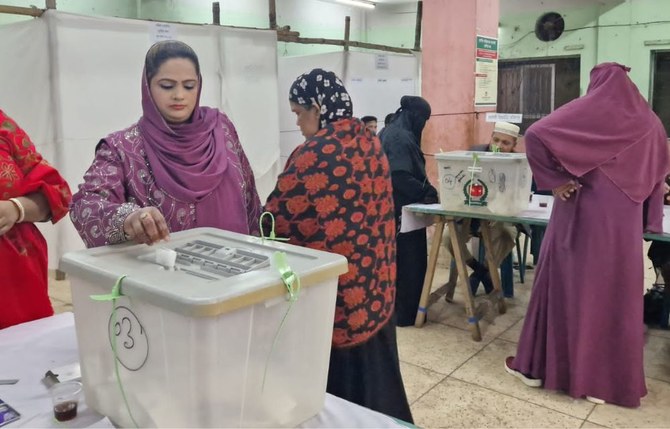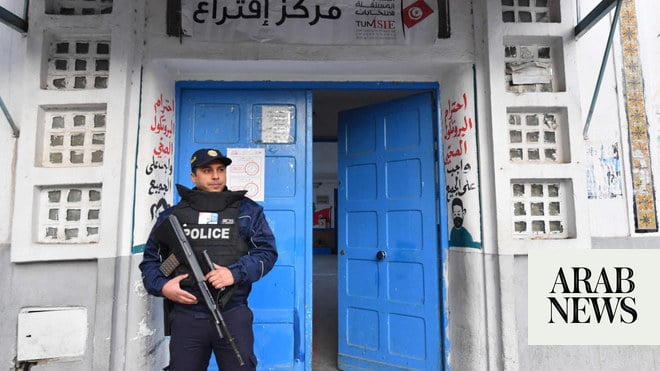
Polling stations in Tunisia’s municipal elections registered a low voter turnout demonstrating the people’s reluctance to vote in such polls, the first held after the 2011 revolution.
Asharq Al-Awsat toured several polling stations in Tunis and Aryanah, noting the lack of enthusiasm that characterized the 2011 the Constituent Assembly or the 2014 presidential and parliamentary elections.
It was notable that young people abstained from voting compared to people over 50.
Independent High Authority for Elections (ISIE) member Nabil Bafoun said that four hours into the elections, turnout was at 13.6 percent.
Some observers interpreted this low figure as an accusation against the ruling coalition for failing to address social and economic issues.
President Beji Caid Essebsi, casting his ballot in the Tunis suburb of Soukra, insisted that Tunisia has taken the right path. "Democracy is not imposed, but exercised, and we are in the process of enshrining that every day," he said.
Prime Minister Youssef Chahed hailed the first municipal elections since the 2011 revolution as being "held under the standards of transparency and freedom," adding that it reflects the will of the entire people.
Leader of Ennahdha party, Rached Ghannouchi, said that Tunisias democratic course would not be stopped.
"We want to send a message to the world that illustrates that democracy is in effect in Tunisia.”
In its follow-up to the electoral process, Tunisias Youth Without Borders (JSF) confirmed that voting at four polling stations in Gafsa and one in Sfax was suspended due to an error in the ballots.
JSF media official Munther al-Hamdi, revealed that verbal and physical clashes were also reported between members of candidate lists in Tunis, Manouba, Bizerte and Medenine, which required the intervention of the police.
"I refuse to vote for the same system that failed to take Tunisia out of its crises and that exacerbated the suffering of the poor," said Hamda al-Mana, a retired employee, in explaining his reluctance to vote.
More than 5 million registered voters were eligible to participate in the municipal elections, in which about 2,074 lists competed for 7,177 municipal seats, distributed over 350 districts, pending the final decision and the announcement of the results.
The elections included 1,055 lists, representing 22 political parties, 860 independent and 159 coalition lists.
In addition, about 22 political parties are vying to win municipal seats for local government and the competition is expected to be fiercer between the al-Nidaa party and Ennahdha movement, said a number of observers.
ISIE member Adel Al-Barinasi said that the vote count began immediately after the polls were closed at around 6:00 pm. The announcement of the final results will be made during the next three days.












